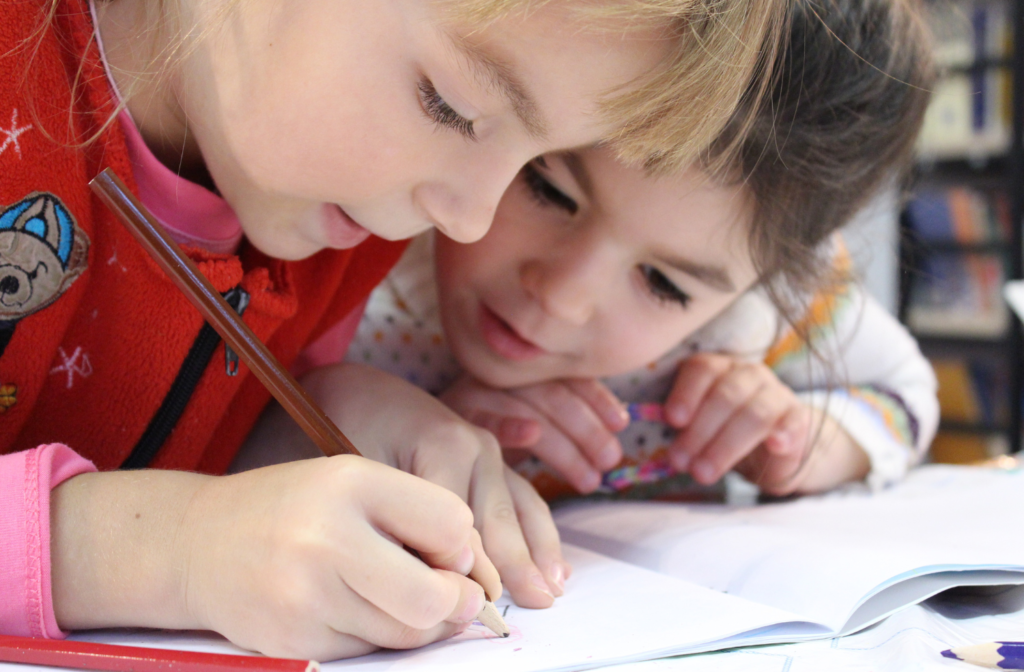The UAE has announced a sweeping change to its private education system, confirming that Arabic language, Islamic Studies, and Social Studies will become compulsory subjects in all private kindergarten classes starting from the 2025/2026 academic year.
This major policy decision, approved by the UAE Ministry of Education, applies to all UAE private schools, regardless of the curriculum they follow. All private schools must include these subjects in foundation-stage teaching, regardless of curriculum.
Early exposure to Arabic and Emirati values
The new guidelines mark a significant move to introduce cultural integration and national identity at a much earlier stage. Traditionally, Arabic and Islamic Studies were introduced gradually in later years or offered with limited hours in kindergarten. This often resulted in non-native speakers having minimal exposure during their formative learning years.
By formalising these lessons from KG, the UAE fosters language skills, religious understanding, and national awareness alongside global curricula.
Implementation across all private institutions
The Knowledge and Human Development Authority (KHDA), Dubai’s education regulator, will oversee the implementation of these directives across the emirate’s private schools. Similar education bodies in other emirates will align with the Ministry of Education’s broader vision for consistency.
Private schools will be expected to revise their early years curricula, allocate appropriate teaching hours, and hire qualified educators with suitable training to teach these subjects effectively. These measures are part of a long-term plan to enhance Arabic literacy and cultural competency across the student population.
For Emirati and expatriate children alike
Arabic will be mandatory for all students, including expatriates. Islamic Studies, as per current policy, will only be required for Muslim students. Social Studies, designed to provide a deeper understanding of UAE heritage, geography, and governance, will also be compulsory for everyone.
This inclusive approach helps all UAE children, regardless of nationality, value the nation’s identity and traditions.
How schools are preparing for the change

With the rollout planned for the 2025 academic year, schools are already being urged to begin preparations. These include:
- Curriculum restructuring for KG1 and KG2
- Hiring or training teachers certified in Arabic and Islamic Studies
- Developing age-appropriate materials aligned with ministry standards
- Organising orientation sessions to guide parents on the updated requirements
Authorities will provide education providers with further guidance on implementation, lesson planning, and quality benchmarks in the coming months.
Strengthening cultural foundations in a globalised classroom
This move reflects the UAE’s ongoing efforts to maintain cultural continuity in an education landscape that serves one of the most diverse populations in the world.
While UAE private schools offer a wide range of international programmes, the leadership continues to prioritise national identity, language preservation, and moral education as cornerstones of the learning experience.
Starting in kindergarten, the policy nurtures globally aware, locally rooted students.
Embedding Arabic, Islamic, and Social Studies in UAE kindergarten curricula marks a bold move for cultural integration. It aligns with the country’s long-term vision to build a society that celebrates diversity while protecting its national identity.
Parents, educators, and schools are urged to support the shift toward unified education for UAE children.
Read More:
- RTA and Emaar Announce Major Burj Khalifa Dubai Mall metro expansion – Social Kandura
- Saudi Arabia introduces major national Road Code reform – Social Kandura
For more updates on UAE education policies, school reforms, and family-focused news, follow Social Kandura—your go-to source for local stories that matter.











